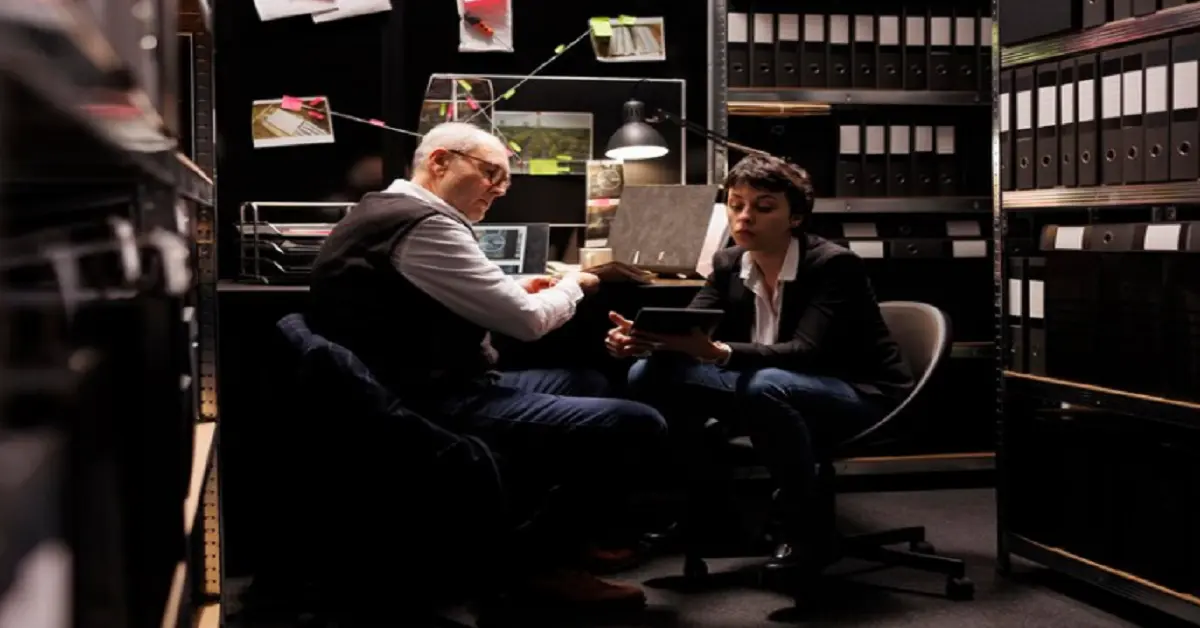Devising a Solid Defense: Strategies to Mitigate Criminal Charges

Key Takeaways:
- An understanding of common defense strategies used in criminal cases.
- How gathering evidence can significantly impact the outcome of a trial.
- The importance of witness testimonies in shaping defense narratives.
- The role of legal experts in navigating complex criminal proceedings.
Understanding Legal Rights and the Role of a Defense Attorney
When an individual is faced with criminal charges, the legal system’s complexity can become overwhelming. It is at this juncture that the expertise of a seasoned defense attorney becomes invaluable. A defense lawyer champions the legal rights of the accused and serves as an educator and strategic planner throughout the legal process.
Gathering Evidence: The Backbone of a Strong Defense
To mitigate criminal charges effectively, it is imperative to build a defensive argument supported by a foundation of solid evidence. As defense attorneys probe into the minutiae of the case, they must be adept at uncovering everything that can bolster their position—from scrutinizing security camera footage to obtaining digital records. This tireless effort to collect and preserve relevant evidence, coupled with the ability to discern what will carry weight in court, often tips the scales in favor of the defendant. From ensuring a client’s right to due process to crafting a meticulous defense strategy, attorneys like Berry Law Firm play a critical role in securing the best possible outcome for their clients.
Witness Testimonies and Their Influence on a Case
The impact of witness testimonies on criminal trial proceedings cannot be understated. Here lies the art of storytelling through the lens of the law; each testimony has the potential to shift the narrative in a new direction. Competent defense attorneys are versed in the nuances of questioning, using examinations to validate the defense’s account and expose flaws within the prosecution’s presentation—casting doubt, instilling confidence, and ultimately influencing the jury’s perception.
The Significance of Expert Witnesses in Criminal Trials
Incorporating expert witnesses into criminal defense is a strategic move that can significantly sway a trial’s trajectory. Experts can provide authoritative perspectives on complex subjects, from forensic analysis to medical testimony, helping jurors grasp intricate details that are pivotal to the defense. The selection, preparation, and effective presentation of expert testimonies require an attorney to combine legal savvy with a keen understanding of the evidentiary landscape.
Motion Practice: Shaping the Pre-Trial Phase
Before a criminal case reaches a jury, the pre-trial phase offers numerous opportunities for a defense attorney to alter its path through strategic motion practice. This preparatory work can include motions to suppress unlawfully obtained evidence or challenge the legal basis of the charges themselves. Such motions are essential gears in the machinery of legal defense, as they can suppress damaging evidence, narrow the issues for trial, or potentially even result in the dismissal of charges, thus saving the client from the uncertainties of trial.
Plea Bargains: Weighing the Pros and Cons
Often considered a double-edged sword, plea bargaining is a component of the criminal justice system fraught with tough decisions. An attorney must guide their client through a cost-benefit analysis, balancing the guarantee of a lighter sentence against the right to a fair trial. This delicate negotiation requires a thorough understanding of the law, the value of the charges, and the potential consequences, thereby necessitating a defense counsel who acts as both an advisor and a negotiator.
The Jury Selection Process and its Importance
Voir dire, or jury selection, is more than a procedural formality. This phase provides an essential platform for the defense to influence the makeup of the jury panel. An attorney must be able to read people and infer biases, aiming to compose a sympathetic jury to the client’s situation. The process is instrumental in establishing the groundwork for effective communication with the jurors during the trial. It is a testament to the meticulous planning that defense requires.
Closing Arguments: The Final Pitch to the Jury
With the evidence presented and testimonies heard, the closing argument is the defense’s last opportunity to influence the jury directly. Here, the attorney must harness all their narrative elements, integrating the case’s insights and highlighting reasonable doubts. A powerful closing argument artfully reiterates the defense’s strengths. It aims to leave an indelible impression on the jurors’ minds, driving home the reasons for acquittal.